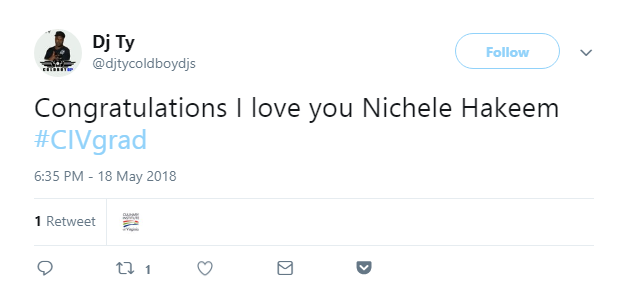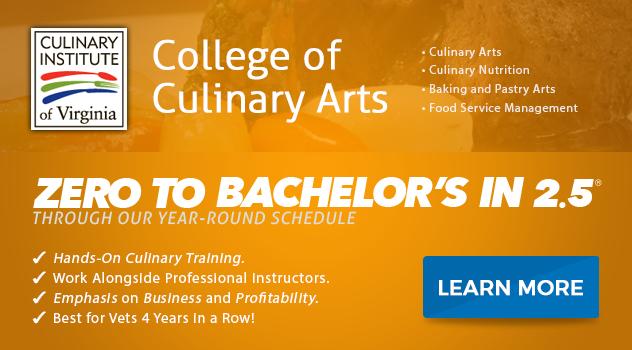What is it Like to be a Professional Chef: Could I Meet the Challenge?
If you have a love for cooking and are thinking about pursuing a career as a chef, then you'll want to know what it actually takes to be a chef and what a chef actually has to do -- something that's not always apparent from some of these celebrity chef programs that are on TV.
Day in the life of a professional chef
It's not just about making food when it comes to being a chef. A chef has many different responsibilities, which is why a day in the life of a chef can be quite busy. The following is what the typical day of a chef is like:
Mornings - Unless you're working at a restaurant that serves breakfast, the day doesn't generally begin until late morning. One of the first tasks that they have to complete is to check their inventory and order any food that's needed for the menu the following day or for the next week. They'll also need to check to make sure all produce is fresh and that none of the ingredients at the restaurant have expired. Depending on the restaurant, the chef may need to prepare daily specials using surplus ingredients and then show their line chefs how to prepare those dishes.
Afternoons - Chefs that work at restaurants that serve lunch will only work as needed during the afternoons since lunch items rarely require the work that dinner items do. If anything, they'll supervise their line chefs to make sure everything is being made properly. If it gets busy during the afternoon, the chef may join in and help with the preparation.
Once the afternoon nears the end, the chef will need to begin preparing for dinner. This will include preparing ingredients (such as washing and chopping vegetables) and making soups and sauces in advance. Usually, the chef will delegate certain menu items to different people in the kitchen.
Evenings - Dinner service will generally last from three to five hours and tends to be the busiest time of the day. The chef will do a lot of the cooking, making sure everything tastes as it should and that it's plated in a visually appealing manner. In addition to this, they will have to supervise everyone in the kitchen to make sure everything runs smoothly.
Night - In the late evening, the chef will oversee the cleanup and the prep work for the next day. Depending on the restaurant, bakers and pastry chefs may begin working on desserts and bread for the next morning.
This is what a basic day is like for a chef, although they may be other tasks that need to be done as well. For example, some chefs change the menu daily or weekly, which means that they have to put in additional work coming up with new menu items. Some chefs will also go pick up fresh vegetables, fruits and meat at local markets themselves. Overall, the average day for most chefs tends to be around 14 hours long. While it's hard work, those who are chefs find it immensely fulfilling.
How a formal education can help you develop your chef skills
As you can see from what a typical day is like as a chef, being a chef isn't just about making food. By enrolling in a culinary arts program, you'll make sure that you get a balanced culinary education that teaches you the skills and knowledge you need to not only cook, but also to run the kitchen. The following are just a few examples of some of the things that a good culinary arts program will focus on:
- Organizing the kitchen
- The fundamentals of baking
- Cooking methods and principles
- Plating and presentation
- International ingredients and methods
- Developing recipes and menus
- Kitchen safety and sanitation
- Managing storeroom and purchasing ingredients
- Supervising food service
- Managing the dining room and dining services
Do you have what it takes to be a chef?
A love for cooking or baking is certainly a requirement. However, you need to have other skills that can't necessarily be taught as well, such as the ability to stay organized, to maintain your cool under pressure and stress, to be able to communicate clearly with others, and to be willing to work hard.
Do you have what it takes? If you want to earn an Associate of Applied Science in Culinary Arts Degree, ECPI University offers this program at an accelerated rate. For more information, connect with one of our friendly admissions advisors today.
It could be the Best Decision You Ever Make!
DISCLAIMER – ECPI University makes no claim, warranty, or guarantee as to actual employability or earning potential to current, past or future students or graduates of any educational program we offer. The ECPI University website is published for informational purposes only. Every effort is made to ensure the accuracy of information contained on the ECPI.edu domain; however, no warranty of accuracy is made. No contractual rights, either expressed or implied, are created by its content.
For more information about ECPI University or any of our programs click here: http://www.ecpi.edu/ or http://ow.ly/Ca1ya.





